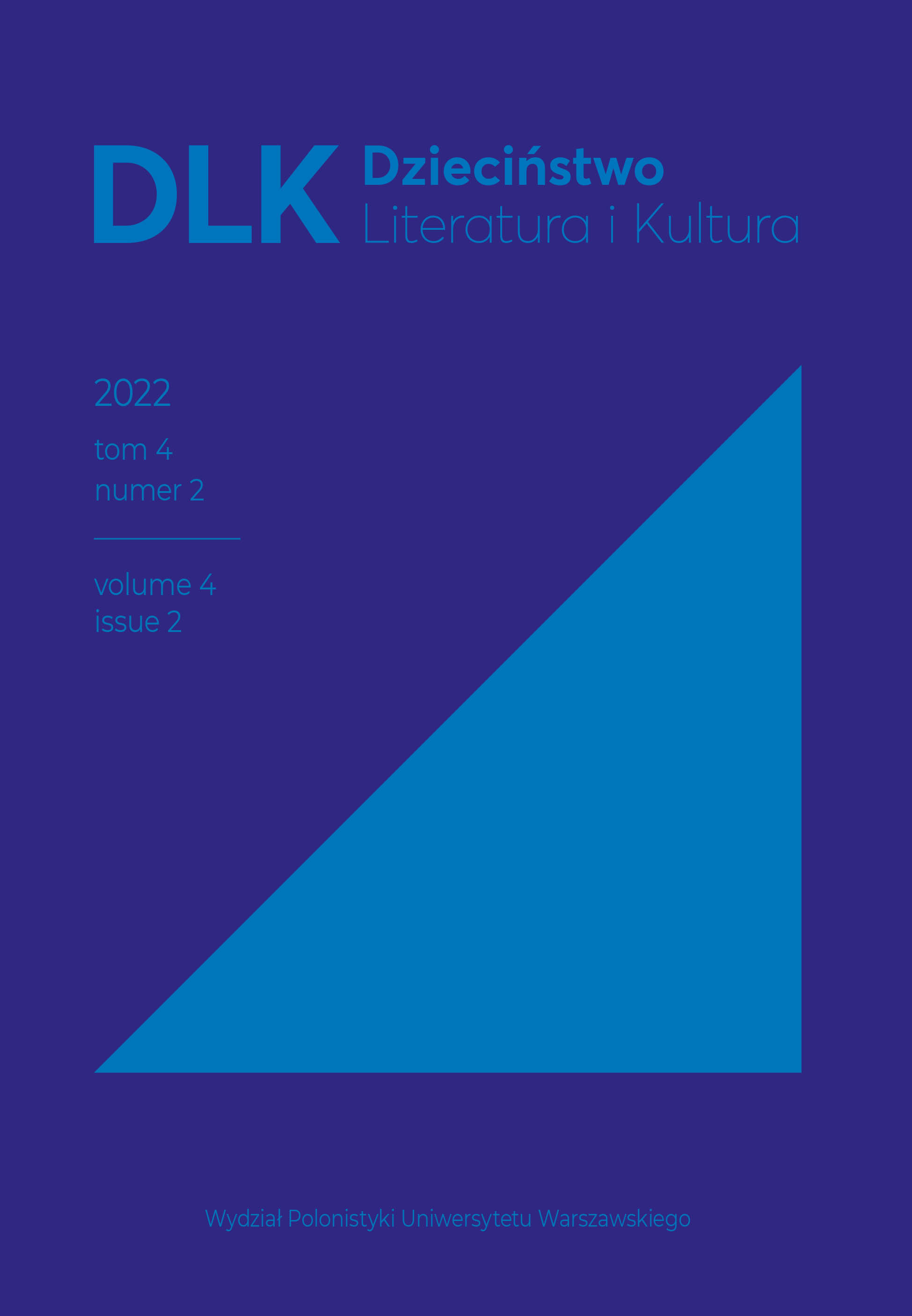Znaczenie dzieciństwa w kształtowaniu tożsamości pisarza emigracyjnego – na podstawie twórczości i doświadczeń Jerzego Pietrkiewicza
The Significance of Childhood in Shaping the Identity of an Émigré Writer – Based on the Works and Experiences of Jerzy Pietrkiewicz
Author(s): Katarzyna CieplińskaSubject(s): Social Sciences, Language and Literature Studies, Sociology, Social Theory, Sociology of Literature
Published by: Wydział Polonistyki Uniwersytetu Warszawskiego
Keywords: childhood; Jerzy Pietrkiewicz; Polish émigré writers; The Knotted Cord; identity
Summary/Abstract: The outbreak of World War II and the resulting wave of migration dramatically changed the fate of the Polish nation. Many young people found refuge outside their homeland. Such an abrupt change, however, often resulted in the disintegration of identities, not only in the personal and social, but also in the artistic sense, as in the case of writers and poets dimension. The search for identity is therefore an important element of analysis in relation to writers in exile. One of the young poets who left Poland was Jerzy Pietrkiewicz, whose works and experiences are the subject of this paper. In his first English novel, The Knotted Cord (1953), the author described a small village of Fabianki, where he was born, as well as various stages of his early life, from happy boyhood to the death of his mother, which was a traumatic experience for him. For the writer, the need to return to the roots as a natural phase of every immigrant. According to Pietrkiewicz, many artists reached for the theme of childhood at the time of the identity crisis caused by exile. The author of the article analyses the influence of memories of the idyllic world of the earliest period of life on the formation of individual self-awareness of an émigré writer.
Journal: Dzieciństwo. Literatura i Kultura
- Issue Year: 4/2022
- Issue No: 2
- Page Range: 86-97
- Page Count: 12
- Language: Polish

